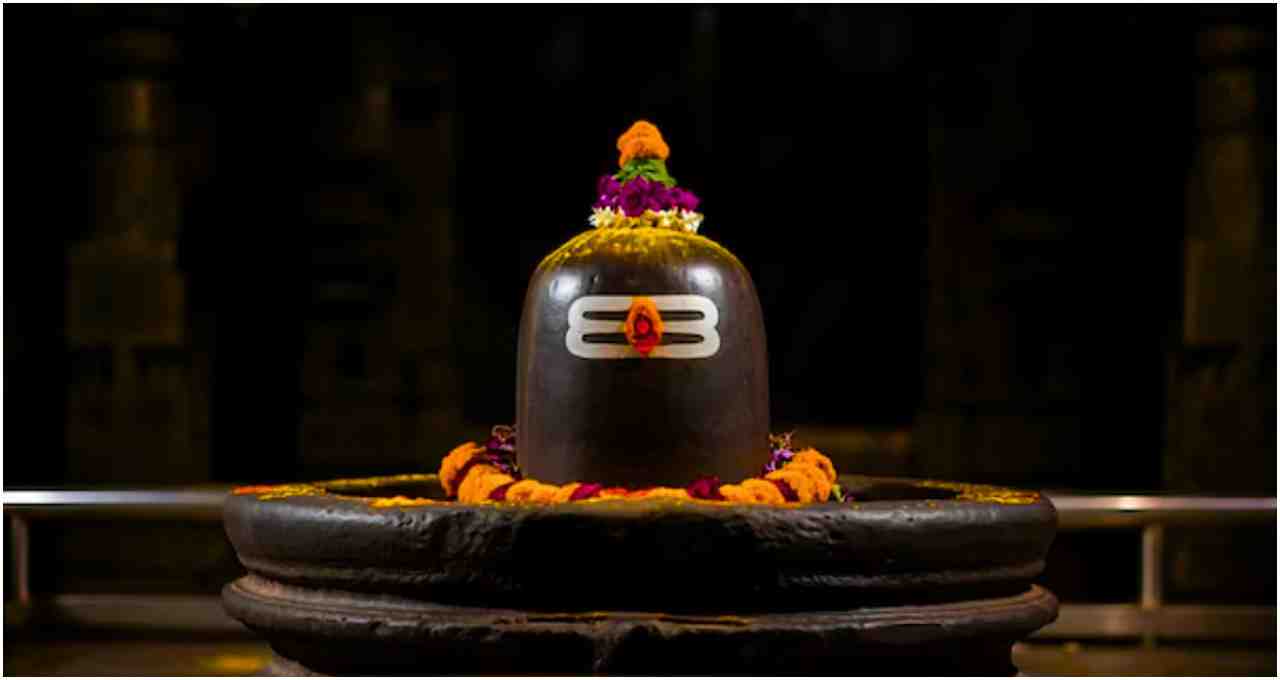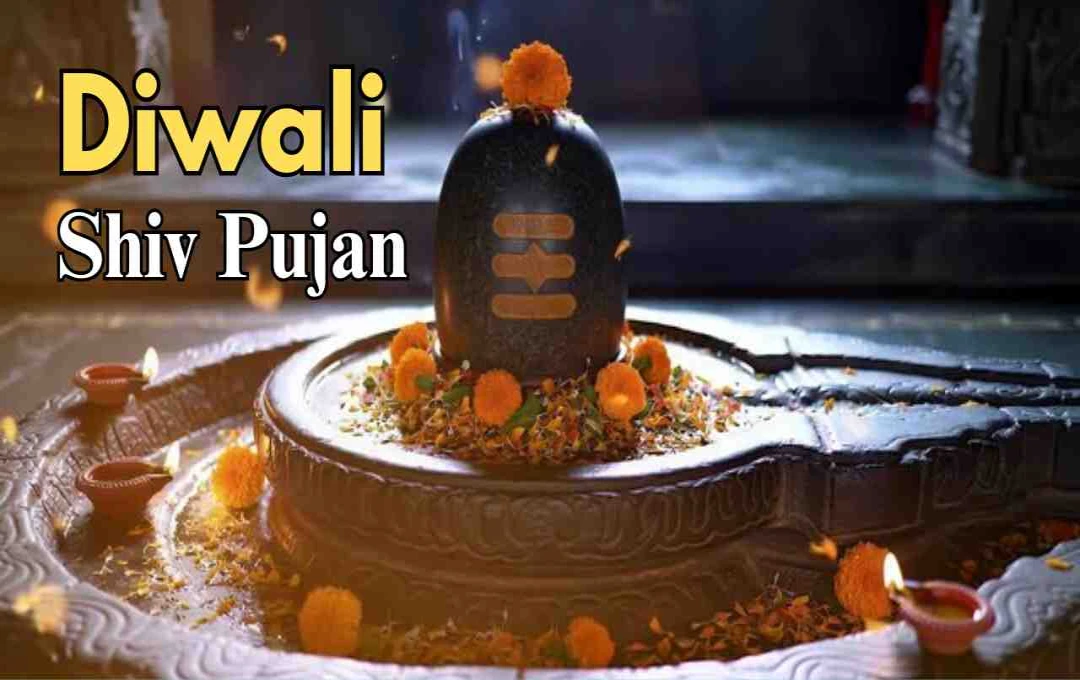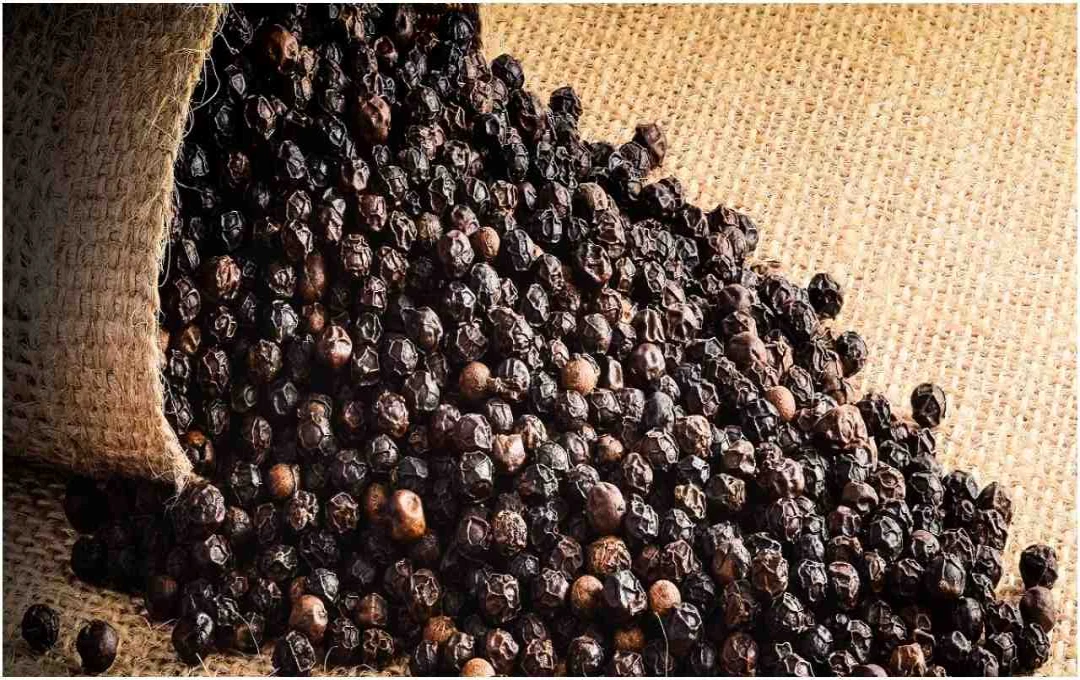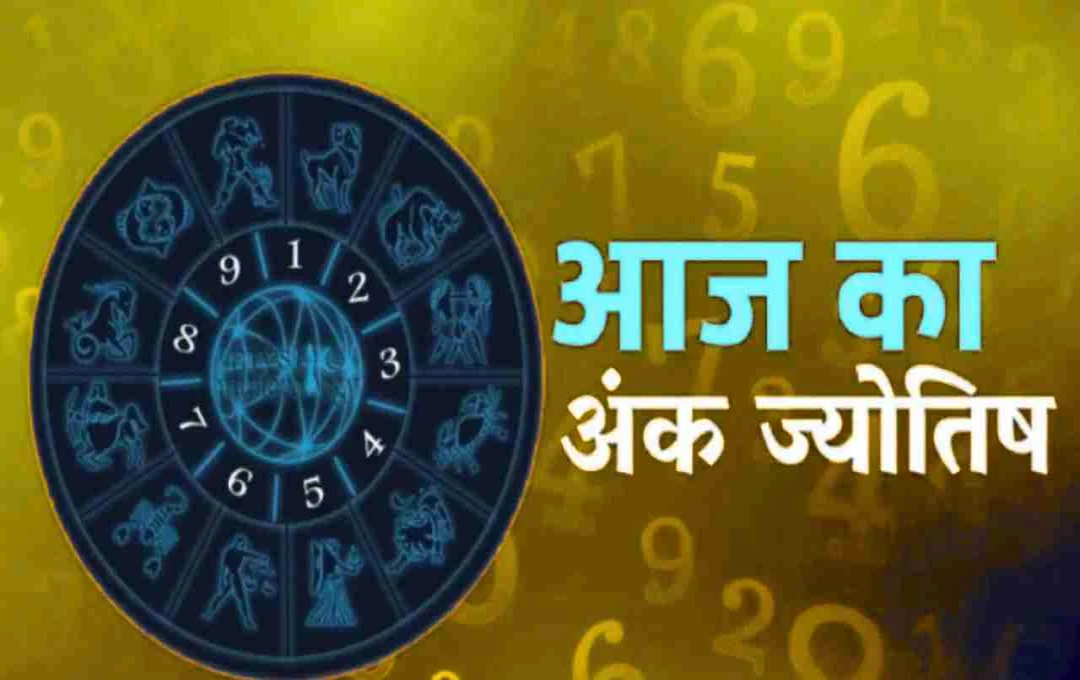Performing Abhishek (ritual bathing) of the Shivling on Diwali 2025 is considered highly auspicious. Offering white flowers, raw rice, Ganga water, milk, and wheat invokes the grace of Mahadev, which helps resolve difficulties in life and brings happiness, prosperity, and positive energy to the home. This ritual is beneficial for both children and elders.
Diwali 2025: This year, Diwali will be celebrated on October 20, and according to religious beliefs, performing Abhishek of the Shivling will be extremely auspicious. Homes across India will be adorned with lamps, and Goddess Lakshmi and Lord Ganesha will be worshipped. On this occasion, offering white flowers, raw rice, Ganga water, milk, and wheat brings the grace of Mahadev, which helps resolve difficulties and brings happiness, peace, and prosperity to the home.
An Auspicious Opportunity to Receive Mahadev's Grace
The festival of Diwali is celebrated every year on the Amavasya (new moon) tithi of the Kartik month with great pomp and enthusiasm. This year, Diwali 2025 begins on October 20 and concludes on October 21. On this day, every part of the house is decorated with lamps and colorful lights. According to religious beliefs, worshipping Maa Lakshmi and Lord Ganesha on Diwali brings happiness to the home, but performing Abhishek of Lord Shiva is also considered highly auspicious. Doing so brings the grace of Mahadev, and all obstacles are overcome.
Offer these items on the Shivling

- White Flowers: Offering white flowers on the Shivling on Diwali is considered very auspicious. Chanting Mahadev's mantras alongside ensures peace and tranquility in life. According to religious scriptures, the use of white flowers not only completes the worship but also brings positive energy into the home.
- Raw Rice: Offering raw rice on the Shivling provides relief from financial problems. This practice helps create opportunities for financial gain and opens new sources of income in the home. Experts say that offering raw rice to Lord Shiva brings lasting prosperity in life.
- Ganga Water and Milk: Performing Abhishek with Ganga water and milk helps relieve mental stress and maintains peace in life. This ritual is considered important for bringing harmony to family life and preserving happiness and prosperity in the home.
- Wheat: Offering wheat on the Shivling is particularly significant for the happiness of children. It is a religious belief that this auspicious act ensures the well-being and good health of children in the family.
Significance of Diwali and Positive Energy
The tradition of lighting lamps at home on Diwali night is not merely a symbol of beauty and festivity; it is also considered special for warding off negative energy and bringing positive vibes into the home. The glow of the lamps removes old sorrows and obstacles.
Alongside worshipping Maa Lakshmi and Ganesha, performing Abhishek on the Shivling ensures wealth, happiness, and mental peace in the home. According to scriptures, this period of Diwali is a special center of divine power, and the effects of remedies performed during this time are quick and lasting.
How to Perform Abhishek and Worship
- First, clean and decorate the house.
- Place white flowers and raw rice on the Shivling.
- Perform Abhishek with Ganga water and milk.
- Offer wheat and other necessary items.
Chant Mahadev's mantras and meditate.
Doing so not only brings positive energy into the home but also reduces life's obstacles and troubles. This ritual can be easily performed in every home, and all family members benefit from it.
Religious and Cultural Significance
Diwali is not just limited to lights and sweets. This festival is also a symbol of positive energy, happiness, and harmony. On Diwali, every home in India fills itself with wealth, happiness, and mental peace by worshipping Maa Lakshmi, Ganesha, and Lord Shiva. According to scriptures, remedies performed on Diwali night are considered particularly auspicious and effective.
Abhishek performed on the Shivling brings the grace of Mahadev, which not only resolves difficulties in life but also brings mental balance and familial happiness. This ritual is considered beneficial for children, youth, and elders alike.















